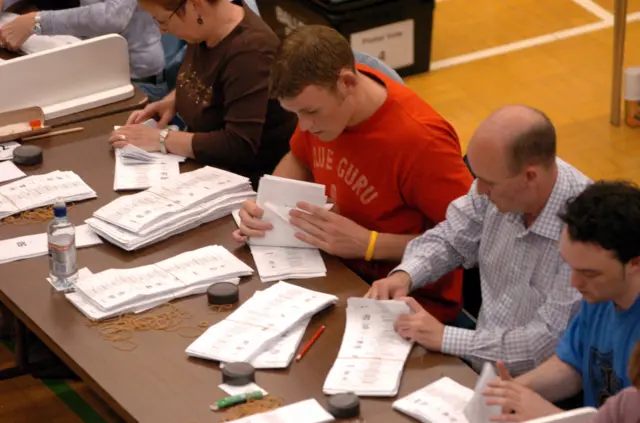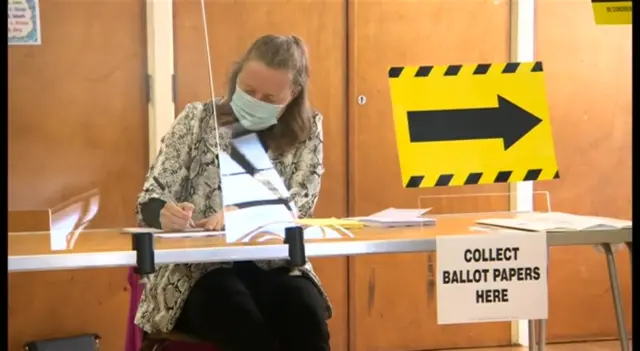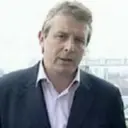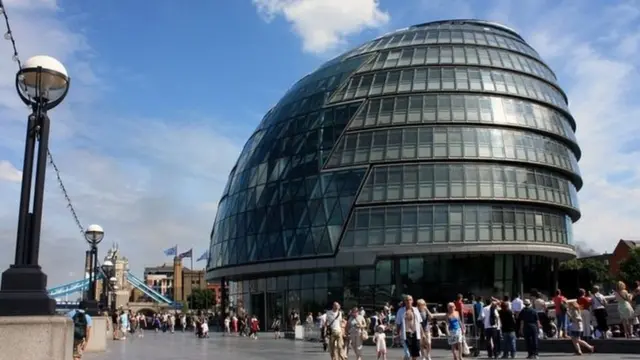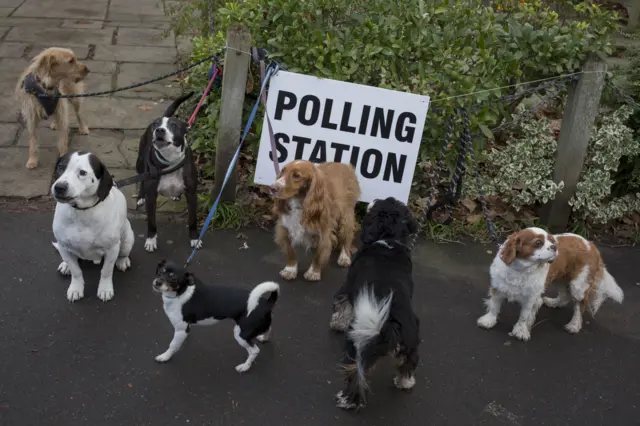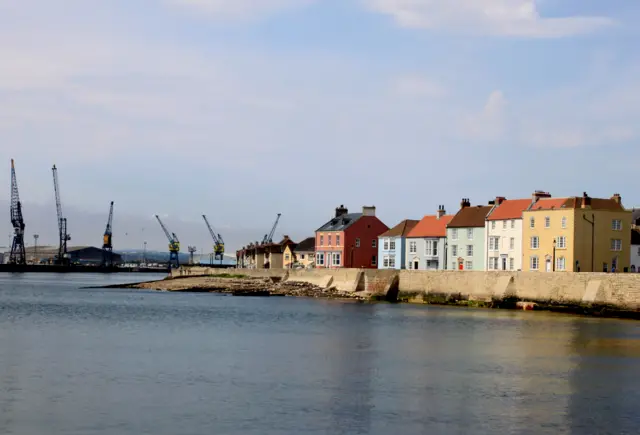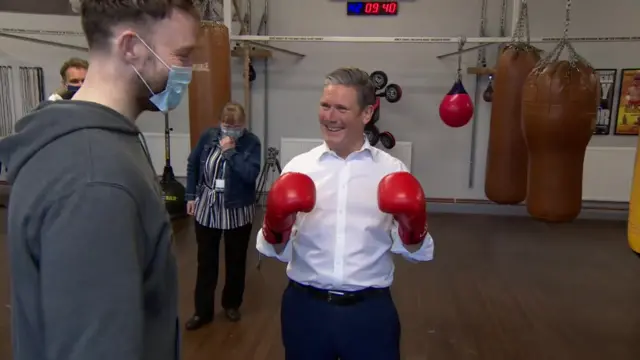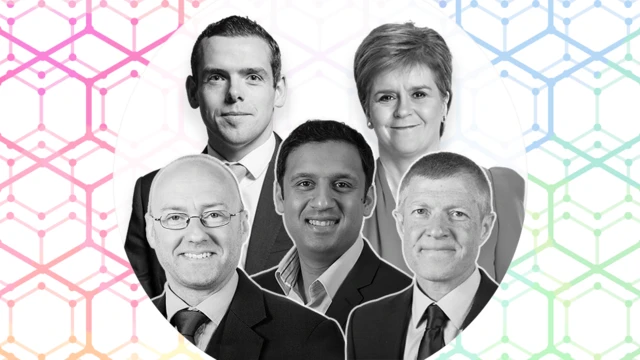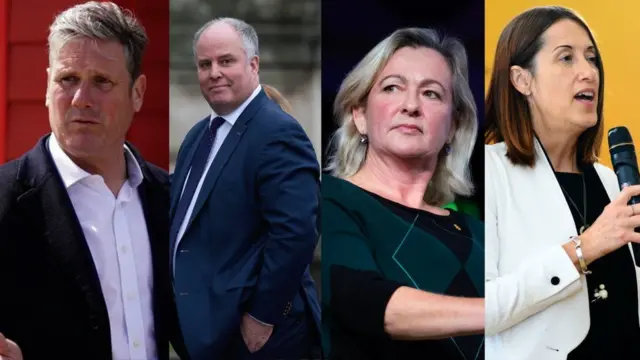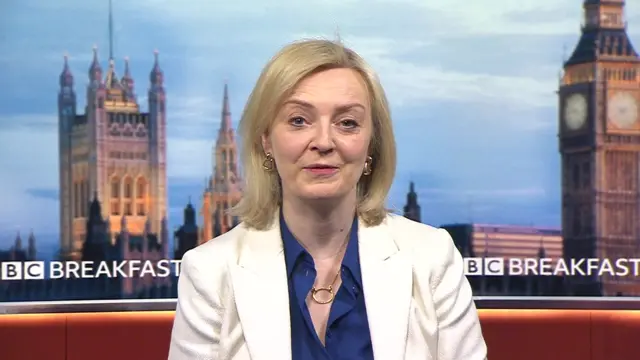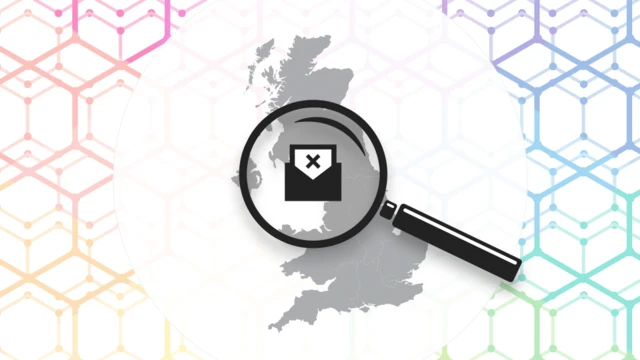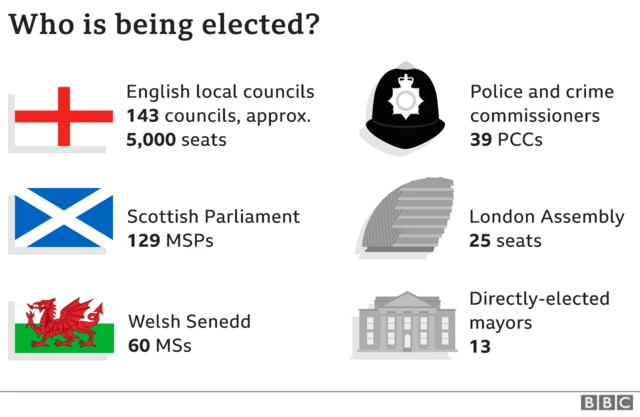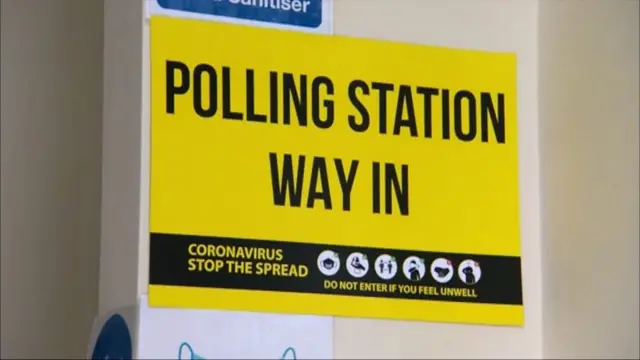Starmer will take responsibility for Labour resultpublished at 11:09 BST 4 May 2021
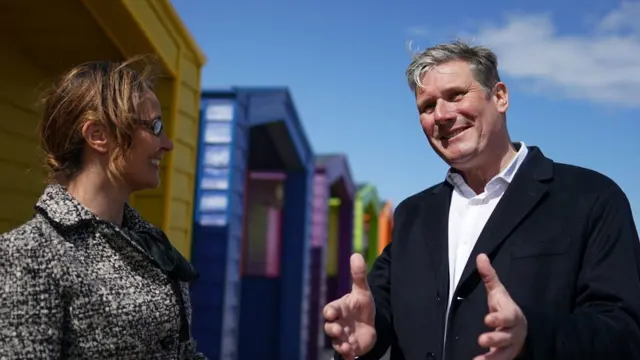 Image source, PA Media
Image source, PA MediaSir Keir Starmer says he will take "full responsibility" for Labour's results at Thursday's elections.
The leader says there is a "mountain to climb" after the party's poor general election results back in 2019 and the next poll is the "first step".
He pledged to "clean up" politics after the "return of Tory sleaze" - pointing to recent allegations around cronyism and lobbying in Westminster.
Conservative minister Liz Truss said voters were focused on other issues.
